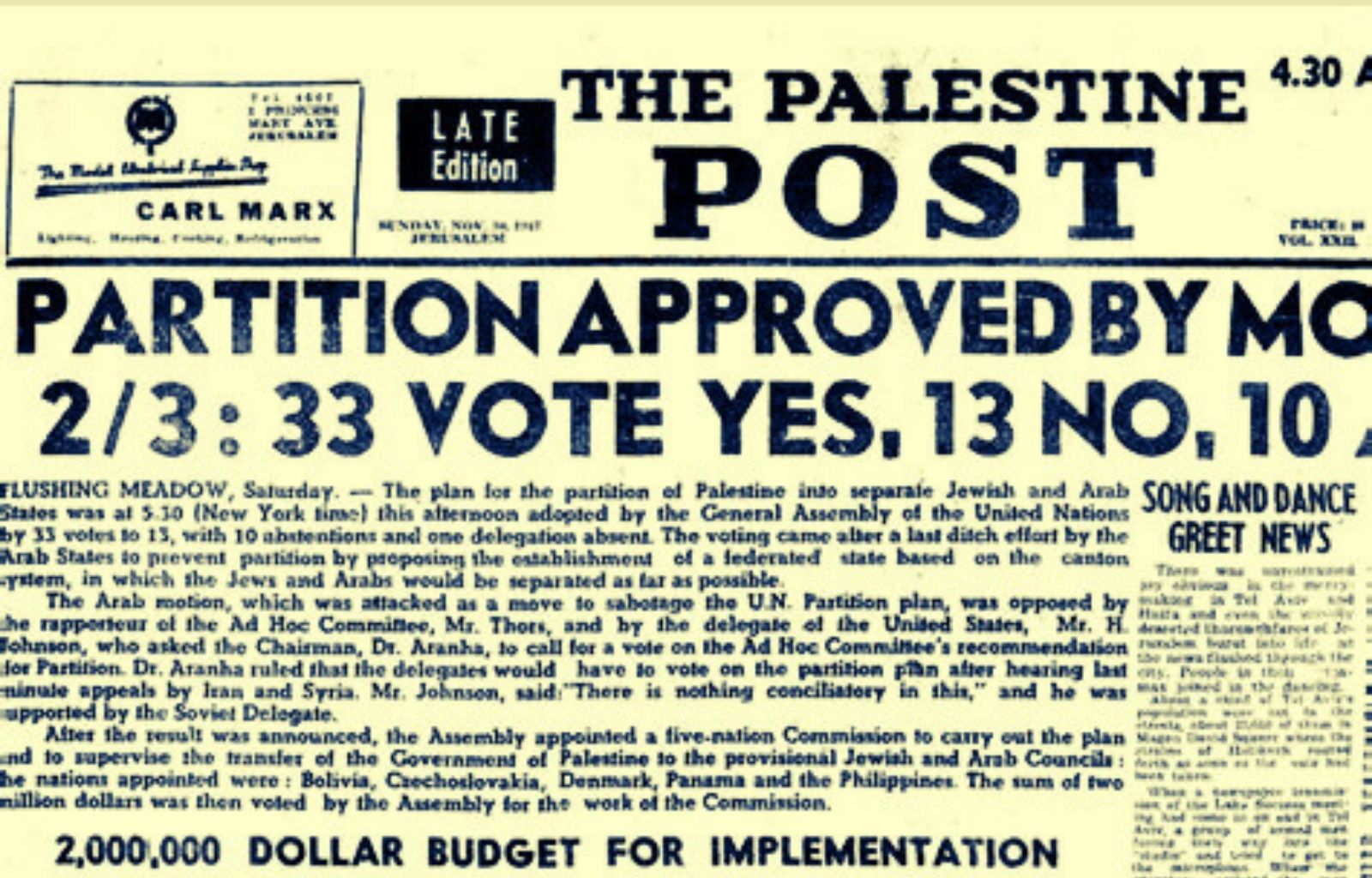So many risks and insufficient resources: in France there is a shortage of mayors. And in Italy?

The French, often called ‘our cousins’, share not only a geographical proximity with us, but also common cultural and linguistic roots. However, it is precisely this mixture of affinity and rivalry that makes us, at the same time, both familiar and distinct.
A comparison between Italian and French mayors
Let us compare an Italian mayor and a French mayor. Both spend long hours in the city’s accounting offices, trying to make ends meet, keeping promises to citizens and fulfilling their duties. Yet French mayors have a more deeply rooted tradition of personal political responsibility. If they are involved in a scandal, miss the targets of their election programme or lose the trust of citizens, they often resign. In Italy, on the other hand, resignation is perceived as a personal defeat, and those elected tend to hold out until the very end.
Two assemblies, a difference in tone
Recently, while Italian mayors met in Turin under the aegis of theANCI (National Association of Italian Municipalities), theAMF (Association of Mayors of France) held its assembly in Paris. Both conferences dealt with similar topics: how to strengthen small municipalities, providing them with more human and financial resources, and how to reform regulations to meet future challenges.
But in France, the debate has taken on more dramatic tones: the risk has emerged that soon there will not be enough mayors (or candidates) to ensure the full operation of many municipalities, especially in rural areas. The cause? Governments, both Italian and French, that shift more and more responsibility onto the municipalities, while depriving mayors of the tools to achieve what they set out to do. The result is that we risk looking for ‘reckless fools’ willing to wear the tricolour sash.
The resignation emergency in France
During the 106th Congress of Mayors and Presidents of Intercommunalities in Paris, the topic of resignations was central: since 2019, more than 1,300 French mayors have left office. Among them, Yannick Morez, former mayor of Saint-Brevin-les-Pins, who resigned after threats related to the management of a migrant centre, complaining about the lack of state support. Other mayors, especially those from rural areas, expressed their frustration at the administrative burden, lack of resources and sense of abandonment by the central government.
In Italy, similar problems and an incoming alarm
In Italy, the problems are similar: few funds, too many responsibilities and, most of all, a feeling of remoteness from the institutions. However, there is a substantial difference between ours and their institutions: in France, there is no limit to consecutive terms of office for mayors. A French mayor can be re-elected indefinitely, as in the famous case of Jacques Chaban-Delmas, who governed Bordeaux for almost fifty years (from 1947 to 1995). On the contrary, in Italy the limits exist, but have recently been relaxed: in municipalities with between 5,000 and 15,000 inhabitants, the limit has been raised from two to three consecutive terms, while for smaller municipalities (under 5,000 inhabitants) it has been abolished altogether.
This rule, hailed in Italy as a step forward, would be seen in France as little more than a ‘warm nappy’: a useless measure in the face of the real emergency, which is the chronic shortage of people available to apply.
A shared risk: administrative desertification
In France, the shortage of mayors and candidates is already jeopardising the administrative functionality of entire areas of the country, but very soon Italy will discover that this alarm is by no means an exclusively French phenomenon. The absence of financial and personnel resources, insufficient support from higher institutions, and the enormous civil and criminal responsibilities that weigh on the shoulders of mayors are already making their weight felt here too.
And this in a system where mayors are central figures in the management of the territory, often left alone to face challenges that they cannot face alone. A Republic that defines itself as present and solid should guarantee support for its local representatives, even in the most remote places, because without properly supported mayors , solid communities cannot be built. The signs are already there: it is time to act, before the talk of ‘administrative desertification’ also begins in Italy.












